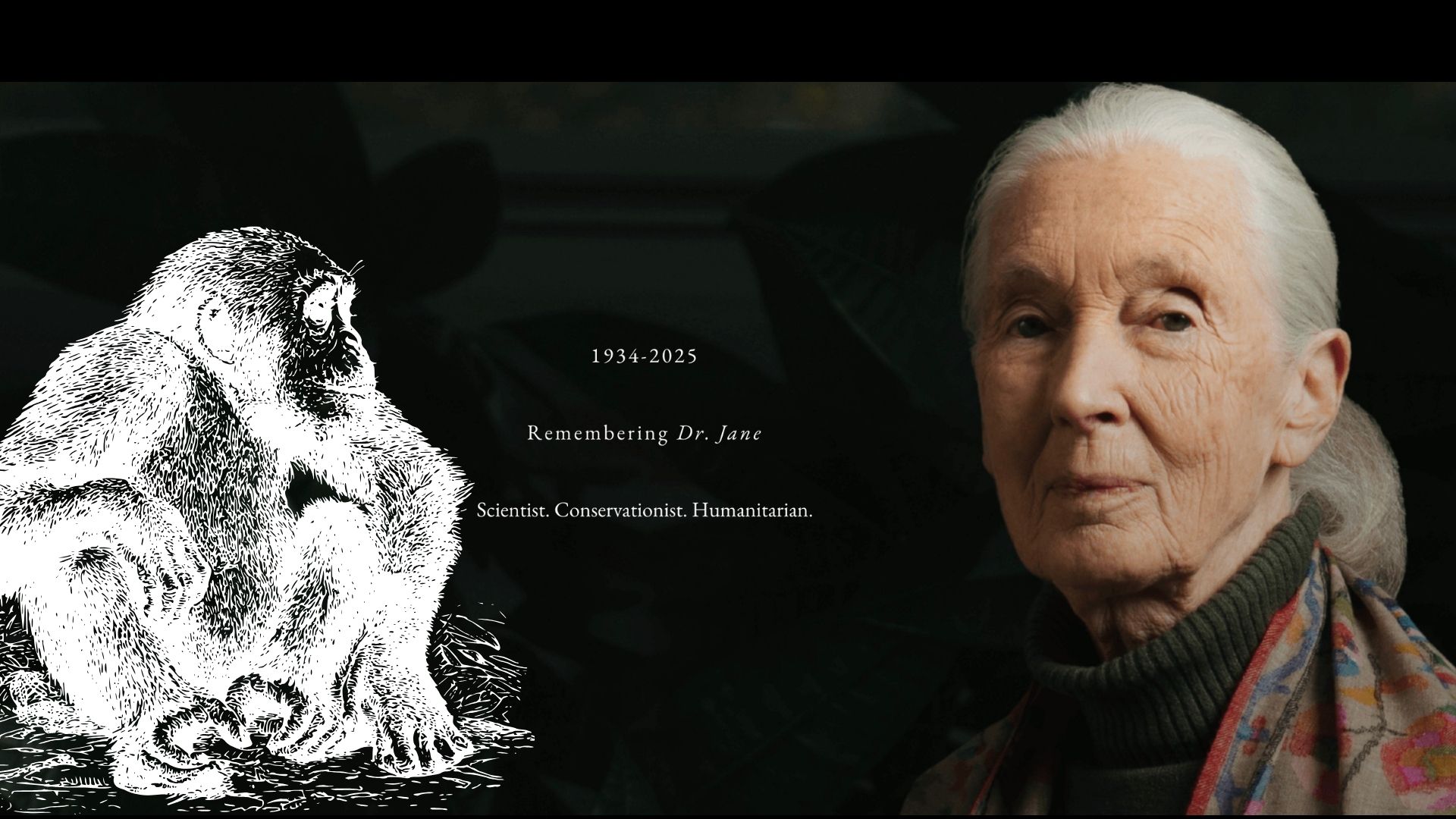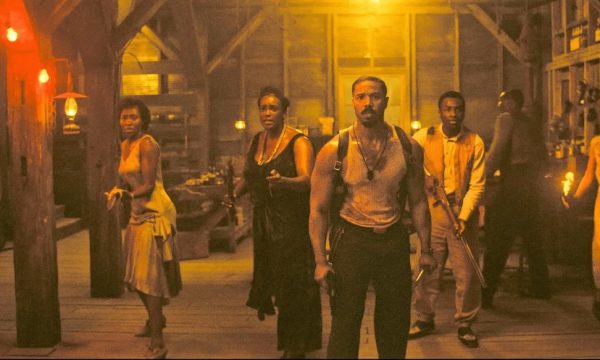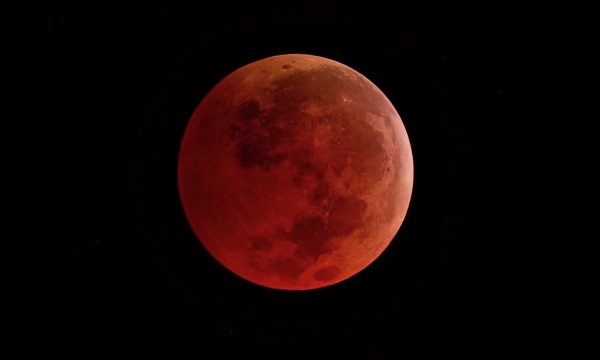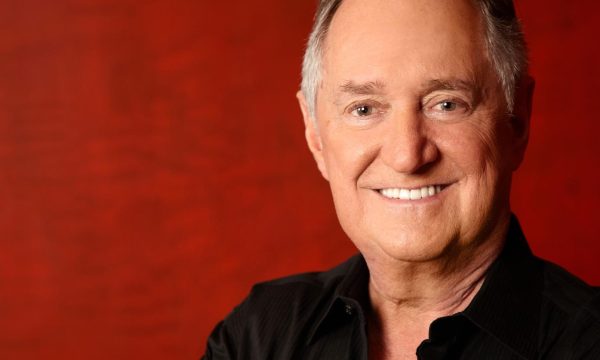Jane Goodall’s life story was one of passion, patience, and groundbreaking discovery. Born on April 3, 1934, in London, England, she grew up fascinated by animals and dreamed of one day traveling to Africa. With little more than determination and curiosity, she embarked on a journey that would forever change the way humans view the natural world.
The Jane Goodall Institute released a statement following her passing at age 91: “Dr. Jane Goodall, founder of the Jane Goodall Institute and UN Messenger of Peace, was a remarkable example of courage and conviction, working tirelessly throughout her life to raise awareness about threats to wildlife, promote conservation, and inspire a more harmonious, sustainable relationship between people, animals and the natural world. She passed away in her sleep.”
In 1960, Goodall arrived in Gombe Stream National Park, Tanzania, where she began her pioneering study of wild chimpanzees. Unlike other scientists at the time, she immersed herself in their environment, observing without interference and giving them names rather than numbers. This revolutionary approach revealed behaviors never before recorded in the animal kingdom, including tool use, hunting, and complex social structures. Her discoveries challenged long-held scientific beliefs and bridged the perceived gap between humans and animals.
Beyond her research, Goodall became a powerful voice for conservation and education. She founded the Jane Goodall Institute in 1977, dedicated to wildlife preservation, habitat protection, and community-centered conservation. Her global Roots & Shoots program inspires young people to engage in projects that benefit animals, the environment, and people.
Over the decades, Goodall was recognized with countless honors, including the title of Dame Commander of the Order of the British Empire. Yet, she remained humble, often emphasizing that her mission was not about personal recognition, but about giving a voice to the voiceless—animals and nature.
Dr. Jane Goodall’s legacy lives on through the countless lives she touched and the profound impact she made on science, conservation, and humanity. Her life remains a testament to perseverance, compassion, and the enduring connection between humans and the natural world.














